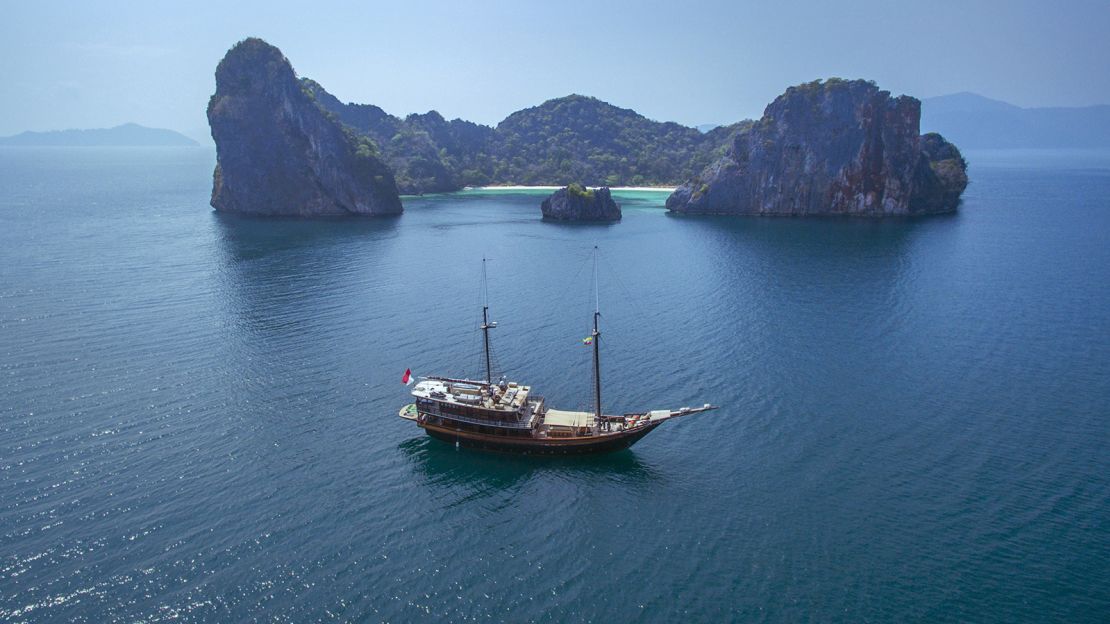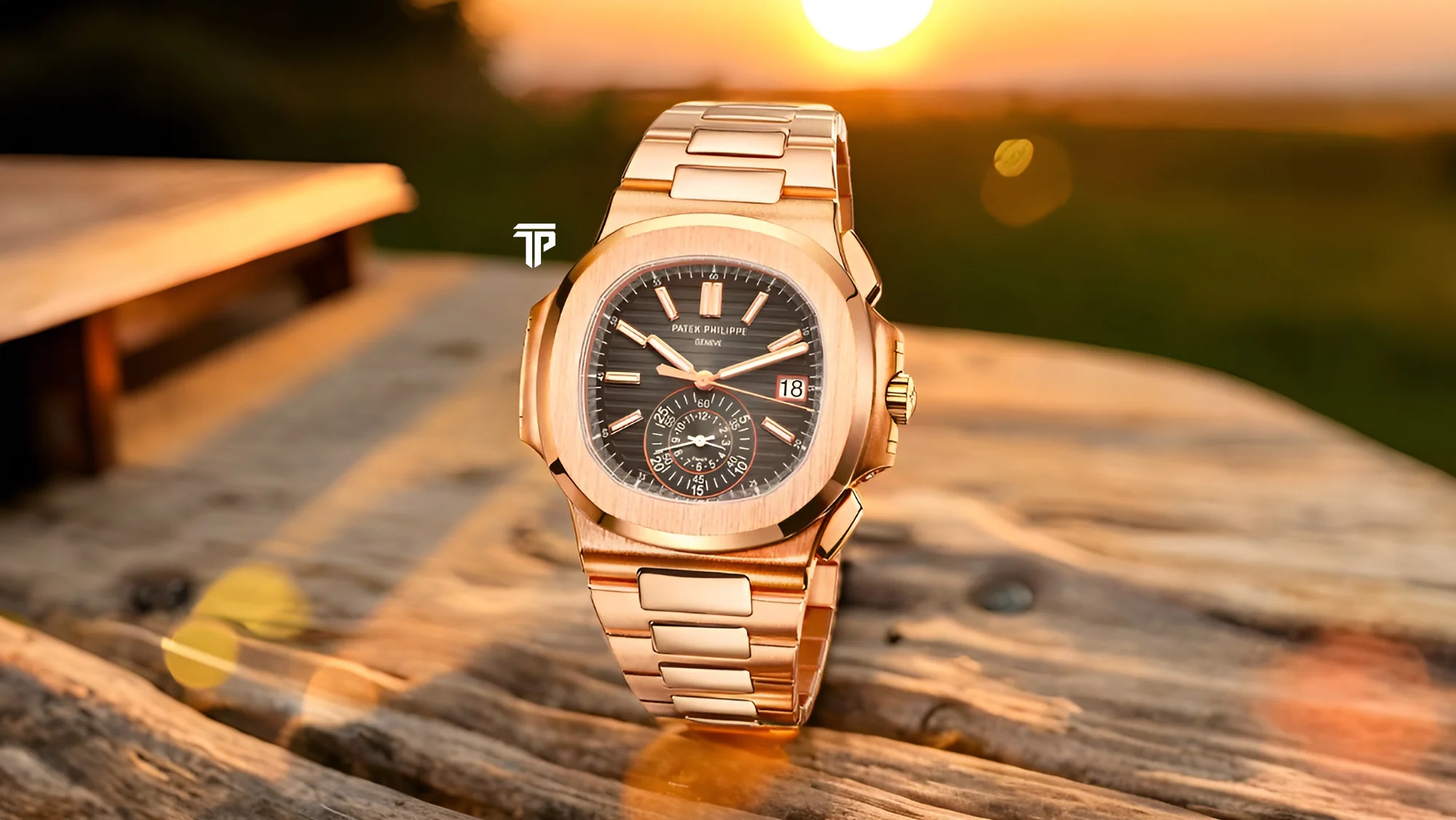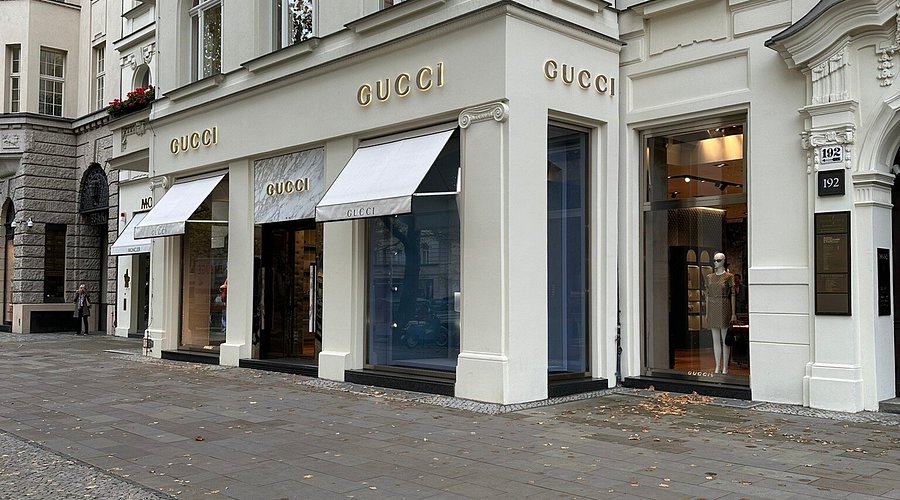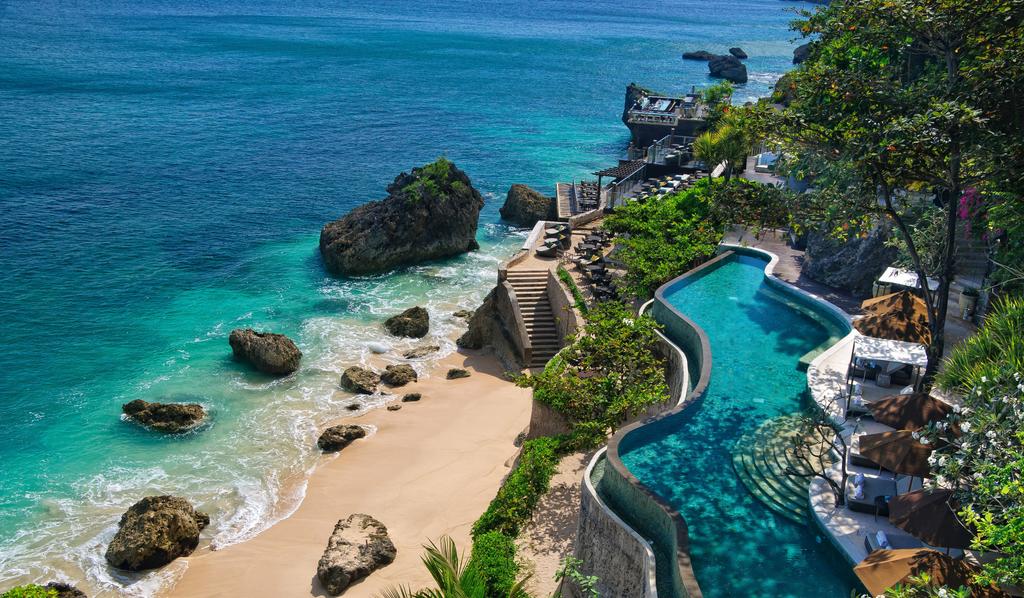Private Islands See Rising Demand as Ultra Wealthy Seek Personal Kingdoms
By
Sophie Moore
Last updated:
October 3, 2025
First Published:
October 3, 2025

Photo: CNN
A new era of private ownership
In recent years, the concept of luxury has moved far beyond penthouses and yachts. The ultra wealthy are increasingly turning their attention toward private islands, creating personal kingdoms away from the complexities of city life. For many, this shift represents not just an investment but also a statement of exclusivity and freedom that no other asset can provide.
The appeal of absolute privacy
Privacy has become one of the most valuable luxuries of the modern age. A private island offers complete separation from the outside world, where the boundaries of space and seclusion are determined solely by the owner. In a time when celebrities and billionaires are under constant media scrutiny, the allure of a sanctuary untouched by cameras or public access cannot be overstated.
A playground for imagination
Owning an island is more than just having a piece of land surrounded by water. It is a canvas where dreams can be built without constraint. From custom-designed villas and underwater lounges to personal harbors and airstrips, these islands are often transformed into architectural wonders. Each owner seeks to put their signature on the land, turning it into an embodiment of their imagination and influence.
Wealth preservation through real estate rarity
For investors, private islands are more than lifestyle trophies. They are also a form of rare real estate that maintains value over generations. With a limited supply of habitable and accessible islands worldwide, scarcity drives desirability. This unique characteristic makes private islands not only resilient as an asset but also an intergenerational legacy that can be passed on, just like fine art or vintage estates.
The cultural shift in luxury
Traditional displays of wealth once revolved around opulent jewelry, sports cars, and sprawling mansions. Today, the narrative has shifted toward ownership that signifies independence and control. Private islands embody this trend perfectly, offering both status and substance. They signal that the owner has reached a stage where they no longer need to exist within the boundaries of traditional society.
Environmental responsibility redefined
Interestingly, many of the ultra wealthy now seek islands not just for indulgence but also for eco conscious living. Sustainable resorts, renewable energy infrastructure, and marine conservation projects are frequently incorporated into island development. For some, it is not merely about living lavishly but about shaping an environmental legacy that aligns with global awareness of climate change and preservation.
Personal kingdoms of influence
Beyond lifestyle, islands function as private stages for influence. World leaders, entrepreneurs, and cultural icons often use their islands as venues for gatherings that cannot be replicated elsewhere. These secluded spaces host private summits, business negotiations, or exclusive celebrations where privacy and grandeur coexist seamlessly.
A dream with logistical realities
However, turning an untouched island into a functional paradise comes with challenges. Transportation, infrastructure, freshwater sourcing, and sustainability all require careful planning and immense financial outlay. Only the truly wealthy can navigate these obstacles, which is precisely what makes island ownership so aspirational and rare.
Symbol of permanence in a transient world
In a world where trends shift rapidly, private islands carry a sense of permanence. They represent something that cannot be easily replicated or diminished by technological change. To own an island is to stake a claim to timelessness, creating a monument that reflects power, taste, and legacy.
The ultimate frontier of luxury living
As global wealth continues to concentrate in the hands of a select few, the rise in private island ownership is a natural progression in the hierarchy of luxury. It is not just about living well but about living beyond reach. For those who can afford it, an island is not simply a property. It is an empire, a narrative, and above all, a personal kingdom that defines the pinnacle of wealth.
Subscribe to unlock premium content
Sed at tellus, pharetra lacus, aenean risus non nisl ultricies commodo diam aliquet arcu enim eu leo porttitor habitasse adipiscing porttitor varius ultricies facilisis viverra lacus neque.
A comprehensive guide on Agile development

10 Productivity tools that are worth checking out

Top 7 Must have management tools for productivity

A comprehensive guide on Agile development

10 Productivity tools that are worth checking out

A comprehensive guide on Agile development









